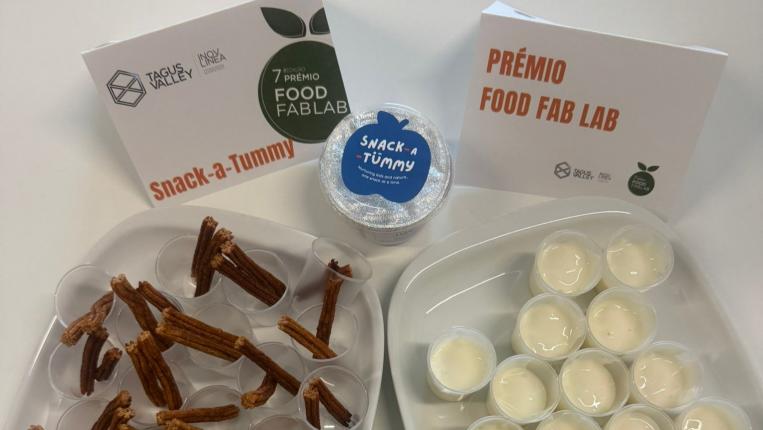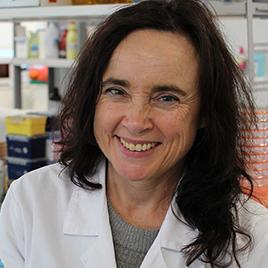Bioengineering is the right degree for those who like biology, chemistry (and biochemistry), and mathematics, and the practical and flexible approach required to solve problems involving biological systems. It can be applied in areas such as health and well-being, the agri-food sector, and the environment. Bioengineers work with others such as biologists, medical doctors, and computer scientists, in the safety assessment of equipment, the design of new materials, the modeling and application of nanotechnologies, the management of water, soil, and energy, and the development of new food products, among many others.
The Degree in Bioengineering is a three-year course (180 ECTS) and includes three optional specializations: Food Engineering, Environmental Engineering, and Biomedical Engineering. Any of them enables graduates to transition to professional life or to a master's (at ESB, a master’s in bioengineering lasts 4 semesters). In the last year of the Degree, students can opt for a semester in an internship abroad, under the European Erasmus or similar programs.
These are some characteristics of the Bioengineering Degree at ESB:
- Active and participatory learning
- Extensive laboratory and field practice
- Expanded specialization options
- Solid preparation for a professional career
- Access to a master’s (Bologna second cycle)
The job market looks for and rewards people who have mastered multiple soft skills, which make them versatile and equipped to tackle the most varied projects. Our degree aims to maximize preparation in:
- Interpersonal communication
- Teamwork
- Critical reasoning
- Professional ethics
- Time management
- Self-confidence
- Leadership
- Creativity
Who should choose this degree?
- Anyone interested in science and engineering
- Those wanting to work in a globally expanding area
- Individuals who enjoy challenges and discovering how the world works
What can a graduate in Bioengineering do!?
A bioengineer with a specialization in Food Engineering intervenes in the efficient production of high-quality food products, evaluates and takes into account the impact of chemistry and microbiology on food, and ensures safe processing.
The field of Environmental Engineering opens the door to work diagnosing environmental dysfunctions and incorporating the principles of sustainability using a multidisciplinary approach. Graduates are equipped to propose more ecological alternatives and apply models to intervene in key domains (such as water, waste, air, health, and the economy).
Those who choose Biomedical Engineering can play an active role in numerous processes in the areas of pharmaceuticals, biomaterials, and medical instrumentation and also in the operational management of health units. Bioengineers in this field can be members of multidisciplinary teams who analyze and develop solutions in health care, whether in industry, universities, hospitals, or regulatory agencies.





